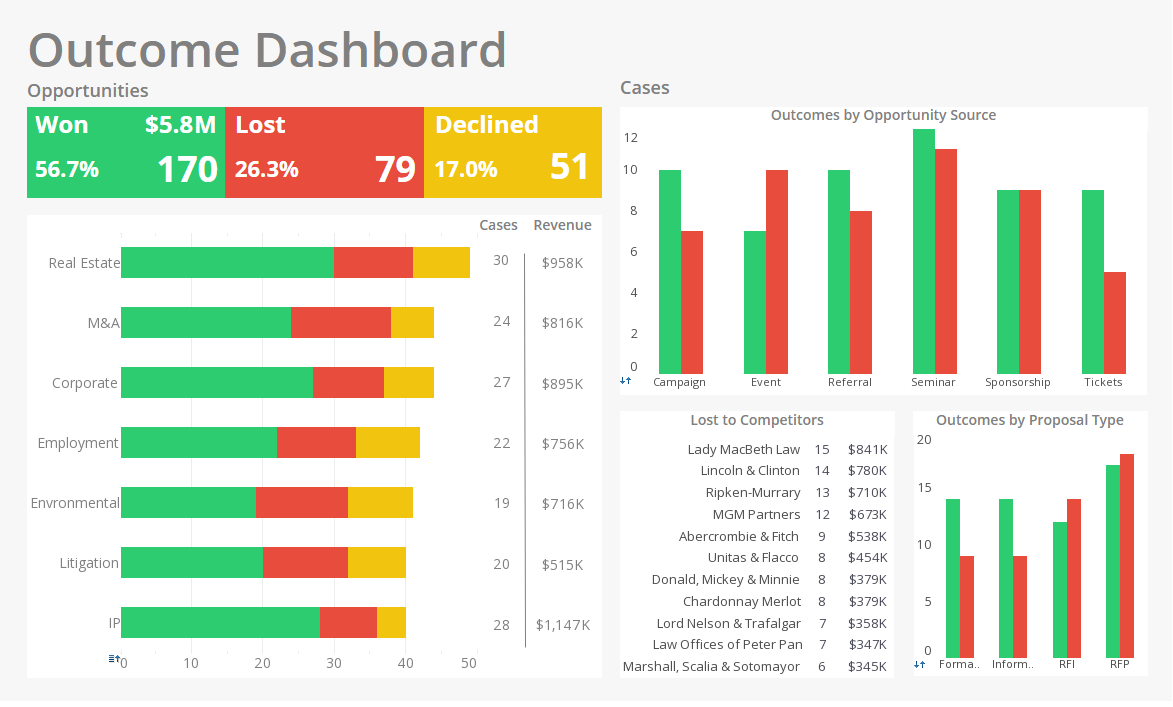InetSoft Seminar: Interdependencies In Performance Management
This is the continuation of the transcript of an in-person customer seminar hosted by InetSoft on the topic of "Performance Management Best Practices." The speaker is Christopher Wren, Principal Consultant at TFI Consulting.
Now I want you to think about these interdependencies in performance management. You might be really good at doing the things that make your work experience rich and rewarding, good pay, good benefits, flexible hours, and telecommuting. Well does that quality of life in anyway influence how well you do and attracting an employee? You bet. Well does the quality of the employee you are attracting in anyway influence how you choose to train and develop help them?
And doesn’t that influence their quality of life? Do you see the synergy, folks? So the challenge to you, and what I want you to think about, when creating your balanced scorecard, try to create a model so that you can begin to see performance interdependencies.
Then you can use your performance measures as tools to break down barriers to cooperation and collaboration between functional divisions rather than reinforce barriers to cooperation and collaboration.
| #1 Ranking: Read how InetSoft was rated #1 for user adoption in G2's user survey-based index | Read More |
Is everybody following me on this. Are silos something you are talking about in your organization? Do you think there’s any silo thinking in your organization? Are there any egos there? I guarantee you got some silo thinking. Well I am going quickly. Questions on that, folks?
Fatal mistake number two. You'll like this one. We over complicate the process. We have this notion in life, folks, that the more complicated something is, the better it's going to be. Don't worry how complicated we make this thing. This has got to be good. If it's too difficult for me, then somebody more intelligent than me must have written it. Have you all ever seen a federal grant application? If you have, you know what I am talking about. So here’s the deal, folks. Take this home, and put it in the bank. There’s an inverse correlation between how complicated the thing is, and I don't care what that thing is, in its likelihood of success afterwards. Everybody hear me?
The more complicated you make something; the less likely it will achieve what you are after. That is a fact, not my opinion. Have you all read Malcolm Gladwell's book ‘The Tipping Point?’ Read it. It's a fascinating book that discusses the simplicity of how you really make a difference. Here is where I see that we over complicate our performance management efforts, and if we are talking about getting to that fifth level of development, I want you to think about this.
We measure too much. How many measures you have in your organization? Over a thousand. Yeah, how big is your organization? Right. What are you doing with all that data? I am not picking on you. I am just asking. You all ever produce documents like spreadsheets? You bet? Did you all notice my first slide? If the difference you are making makes no difference what’s the difference.
Read what InetSoft customers and partners have said about their selection of Style Scope for their solution for dashboard reporting. |
Just think about that. And I am not suggesting you aren’t. But I would suggest you got about 952 mini measures. Because if you got that much stuff to look at, folks, I guarantee you, you are not looking at it meaningfully.
Are there any musicians on the call? I now play the guitar. So folks, if you look at a keyboard, there’s a whole bunch of keys there. Do you know how many notes there are? Primary notes on a scale? There are eight. Eight notes, folks that’s it. Now there are variations, sharps and flats, but eight notes, is that a complicated number? No.
So here’s an interesting question? From eight notes, how many songs can you write? Infinite. All of them. Do you know why? Because there’s an infinite variety in how you can combine those eight notes to create music. Ain’t that cool? Here’s why I am telling you this.
In organizational life you do not have to measure everything in order to get a clear picture of performance. In fact, the more you try to measure the less meaningful the measures will become because you are dissecting your organization down to the minutia.
When I do my full day workshop on this I put a beautiful picture of the sunset up, and I break the group up in three groups, and say you’ll have to describe it in 20 words. It has got to be 20. You guys got 10. You got three. Off you go. You have ten minutes to do it. Of those three groups which group you think struggles the most with the exercise?
The group working on three does. Why? It’s because every one has got to be just right. You guys have 20, you are like, just get it done, just get the words down. 10 words are somewhere in the middle. So when I collect them up, and I read them to the crowd every single time; the crowd agrees. Which one of those you think they like the most as the best description of a sunset? Three. Less is more folks when it comes to performance measurement. Trust me on this.
| Previous: The Six Fatal Mistakes of Performance Management |



